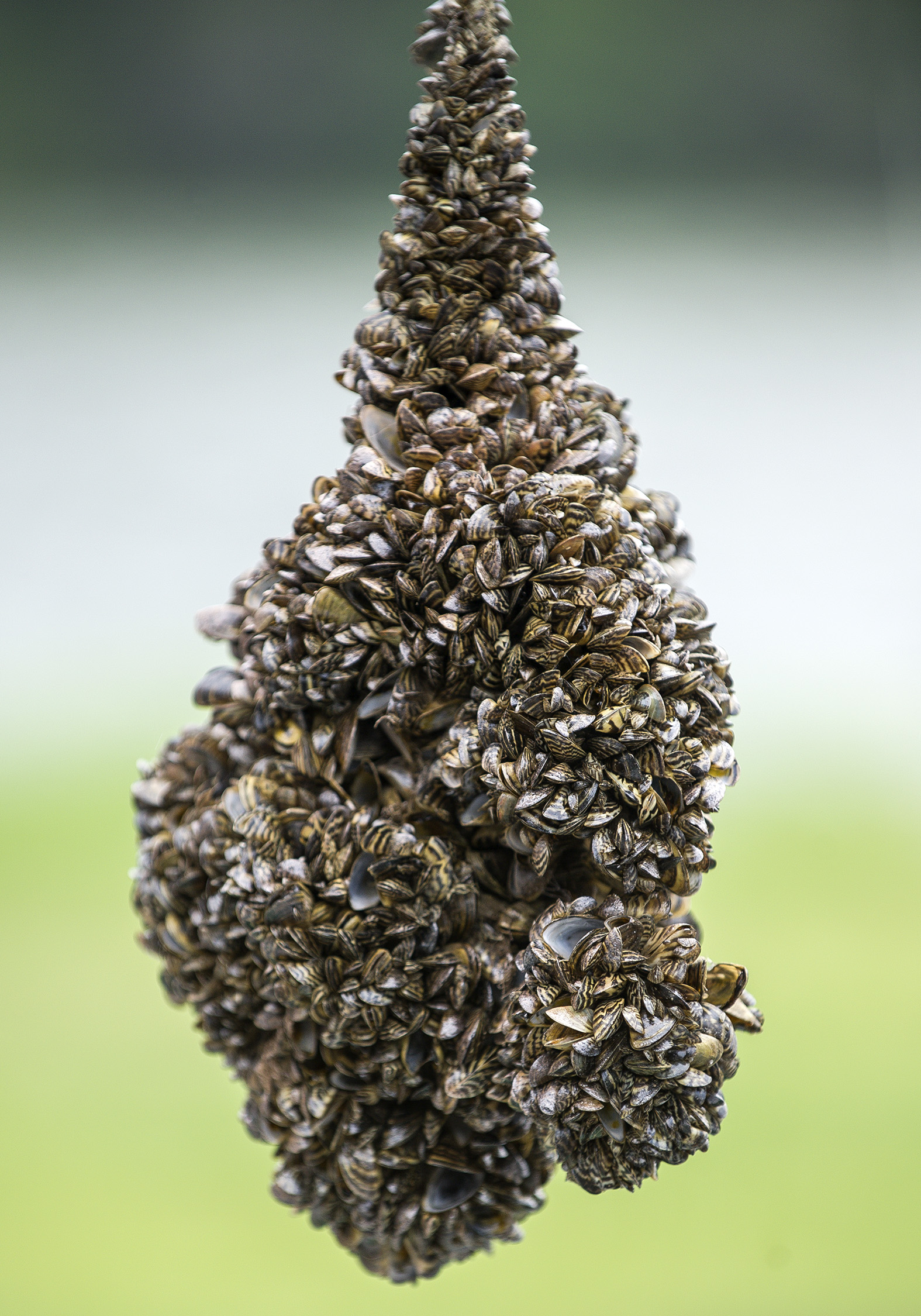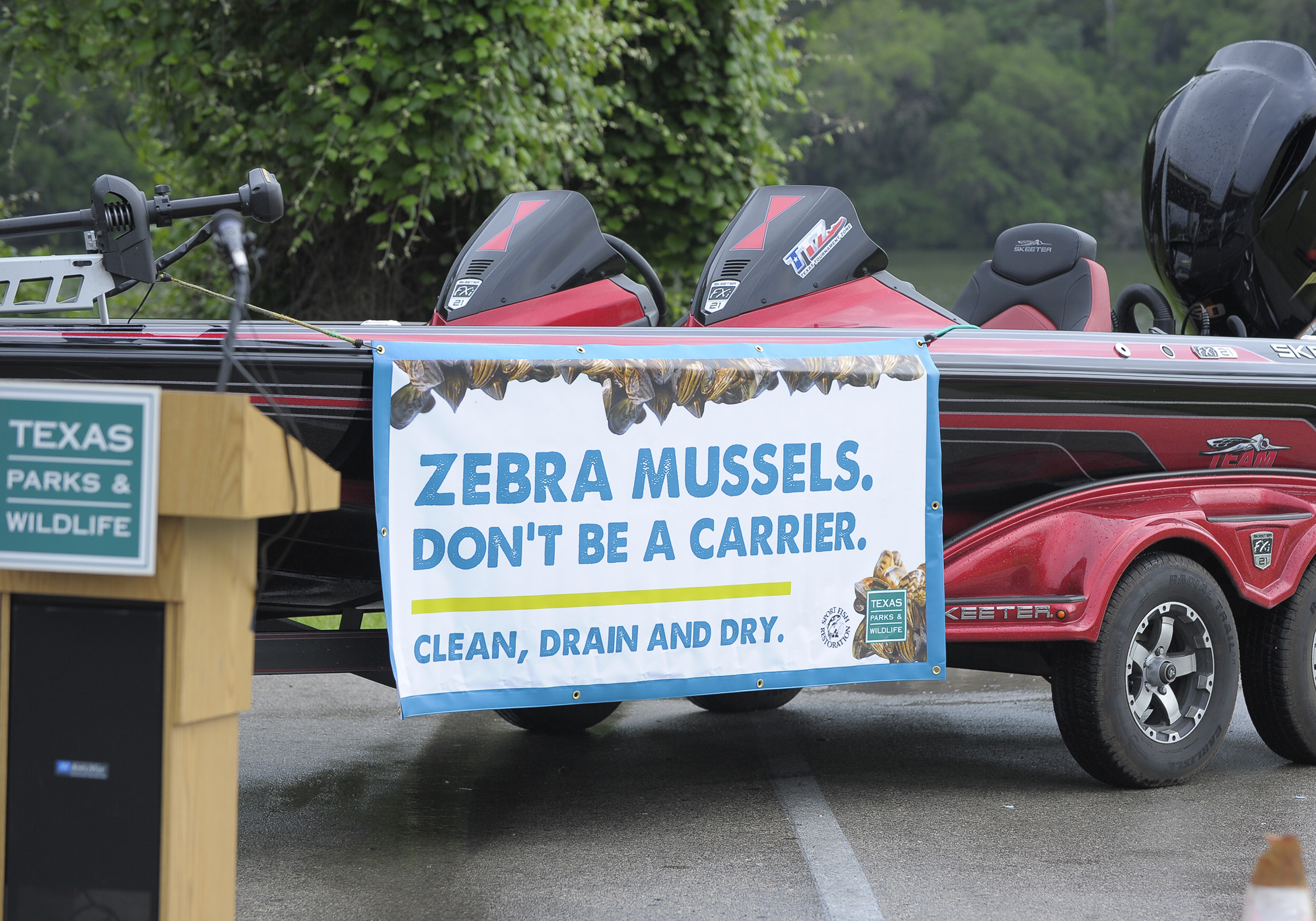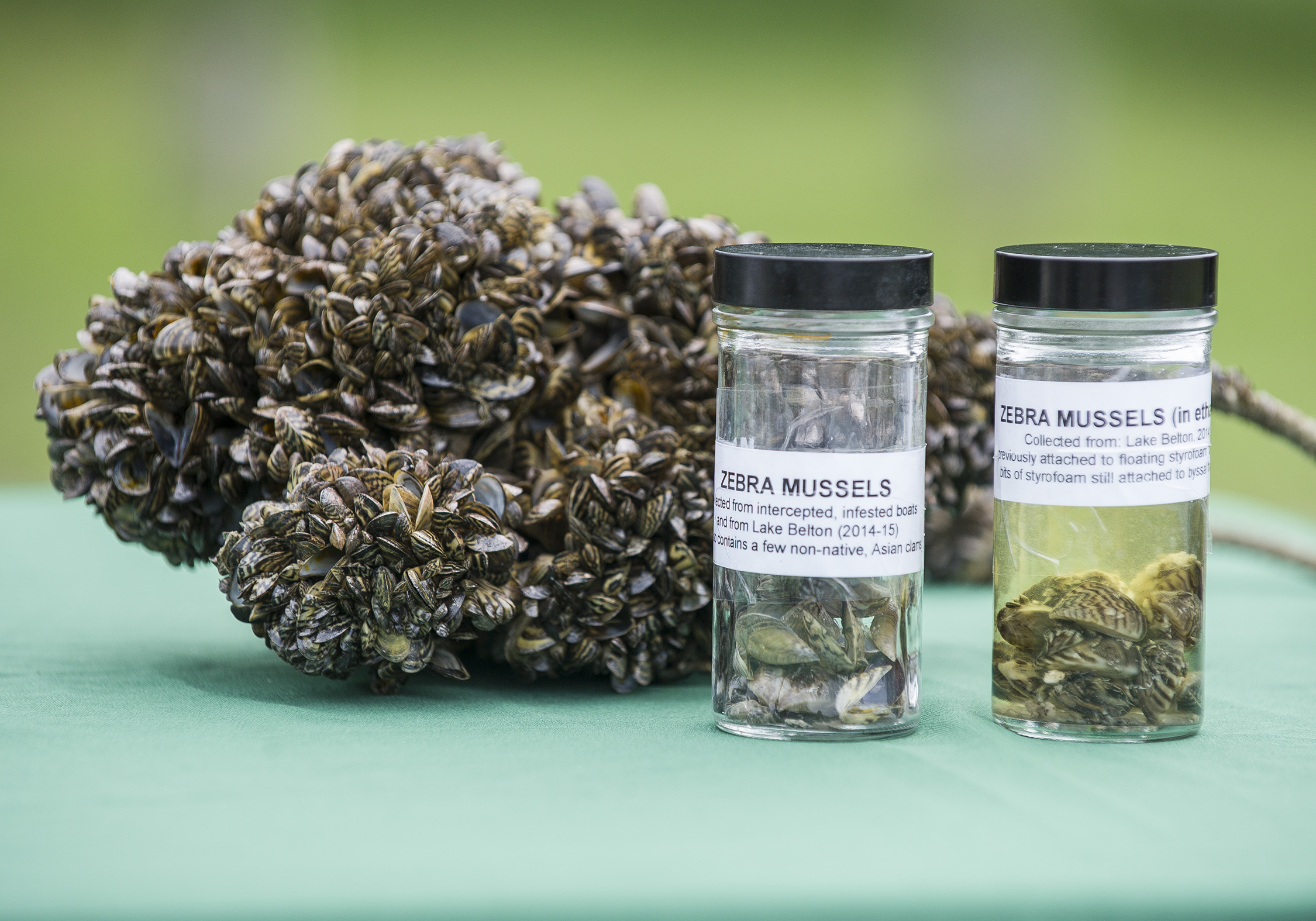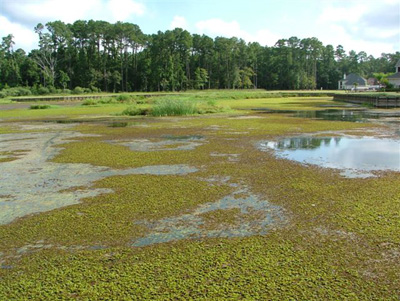Art in the Parks
Friday, May 15th, 2015This is Passport to Texas
Texas State Parks can inspire artistic pursuits.
07-Our state parks are such amazing places–for lots of reasons–but one of the reasons is how creative they can make us feel.
Chris Holmes is Director of Interpretation for State Parks, and writes about the Arts in the Parks initiative in the May issue of Texas Parks and Wildlife magazine. The idea for the program came to him after a family art activity.
21- We took an art workshop down at one of the strip malls, and we learned how to make a painting with the whole family–and it was so much fun–but the irony was, we were all doing a picture of the forest, but we were in the middle of Austin. And I thought: ‘Wow. Couldn’t we make this workshop be at a state park and let the family look at the outdoors versus being inside?’
The answer was: of course! While making art in parks is not new; the focus has often been painting and drawing.
14- We’ve really expanded it to writing, poetry, songs and dances, and film-making and blogging–and anything that goes under that whole creative artistic umbrella is what we’re encouraging to happen in our parks.
Find an art program near you in the calendar section of the Texas Parks and Wildlife website. And learn more about the Arts in the Parks initiative in the May issue of Texas Parks and Wildlife magazine.
That’s our show…Funding provided in part by Ram Trucks. Guts. Glory. Ram
For Texas Parks and Wildlife…I’m Cecilia Nasti.







 Passport to Texas is a
Passport to Texas is a  Passport to Texas is made available by:
Passport to Texas is made available by: